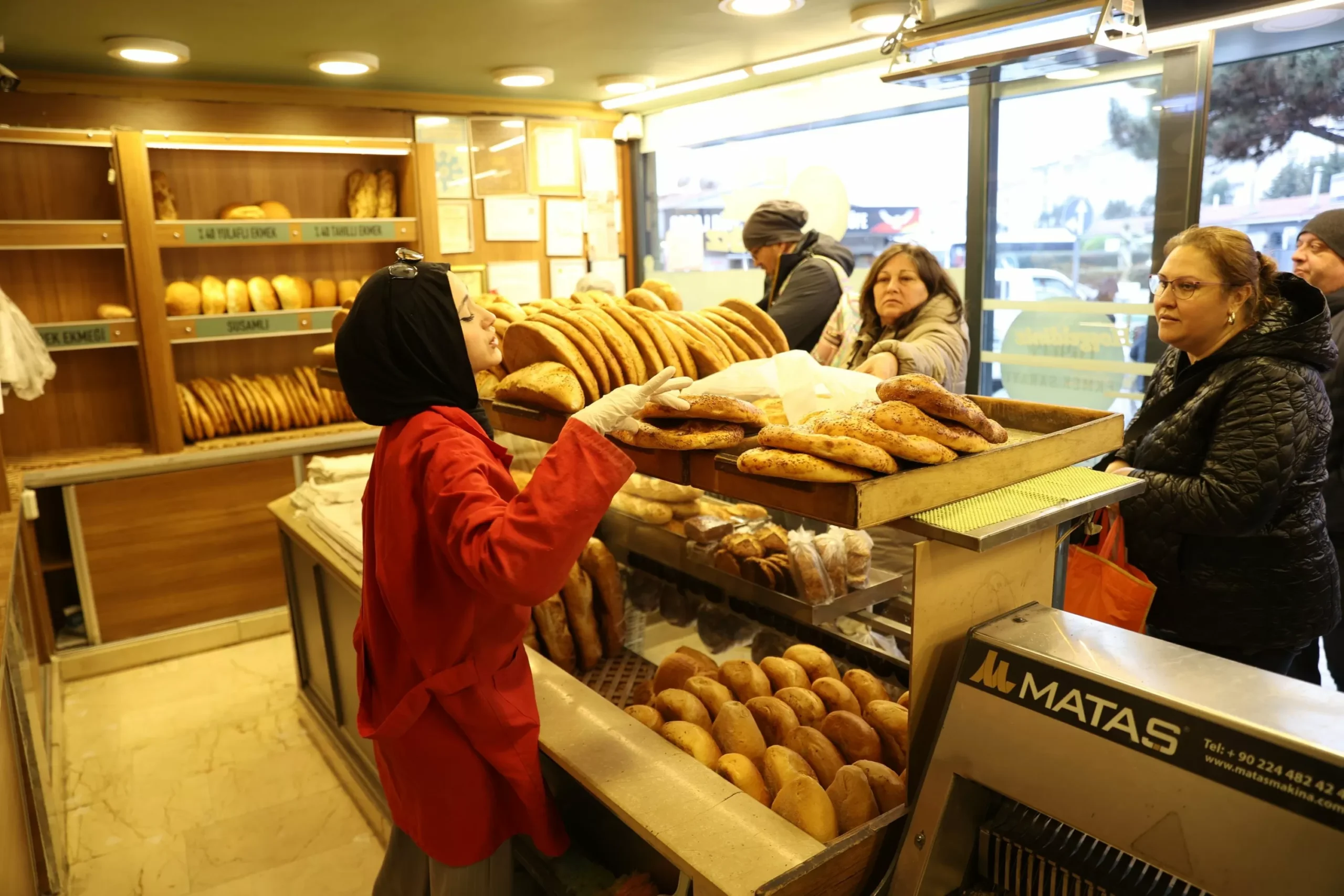As the sun sets over the bustling streets of Turkey, a familiar sound can be heard echoing through the air. It is the call to prayer, a reminder for Muslims to break their fast during the holy month of Ramadan. But as the faithful make their way to the mosques, another tradition is unfolding in bakeries all across the country. The tantalizing aroma of “Ramadan pide,” a traditional Turkish bread, fills the air, signaling the start of a month-long celebration of faith, community, and delicious food.
For centuries, the month of Ramadan has been a time of spiritual reflection and renewal for Muslims around the world. It is a time to abstain from food and drink from sunrise to sunset, to focus on prayer and charity, and to strengthen one’s relationship with God. But it is also a time for families and communities to come together and share in the joy of breaking the fast each evening.
In Turkey, this tradition is deeply ingrained in the culture, and nowhere is it more evident than in the bakeries during Ramadan. The making of “Ramadan pide” is a centuries-old tradition that has been passed down from generation to generation. It is a labor of love, with each bakery having its own unique recipe and method of preparation.
The process begins early in the morning, as the bakers carefully mix the dough and let it rise. As the day progresses, the dough is shaped into long, oval loaves and topped with sesame seeds or nigella seeds. Then, just before sunset, the pide is placed in the oven, filling the bakery with its irresistible aroma.
As the sun sets and the call to prayer is heard, the bakers take the freshly baked pide out of the oven and place them in large baskets, ready to be sold to the eager customers. The pide is still warm and soft, with a golden crust and a fluffy interior. It is the perfect accompaniment to the traditional iftar meal, which marks the breaking of the fast.
But the significance of “Ramadan pide” goes beyond its delicious taste. It is a symbol of unity and generosity, as many bakeries offer free pide to those in need during Ramadan. This act of charity is deeply rooted in the Islamic faith, and it is a beautiful example of the spirit of giving that is at the heart of this holy month.
As the month of Ramadan progresses, the demand for “Ramadan pide” only grows. Families and friends gather around the iftar table, eagerly breaking the pide and sharing it with one another. It is a time of joy and celebration, as well as a time for reflection and gratitude.
But the tradition of “Ramadan pide” is not limited to just Muslims. In fact, it has become a beloved part of Turkish culture, with people of all faiths and backgrounds eagerly waiting for the start of Ramadan to indulge in this delicious bread. It is a testament to the inclusive and welcoming nature of Turkish society, where food has the power to bring people together.
As the month of Ramadan comes to an end, so does the tradition of “Ramadan pide.” But its impact lingers on, as the memories of shared meals and moments of generosity continue to bring people closer. And as the call to prayer echoes across the Turkish streets, it serves as a reminder of the rich cultural heritage and traditions that make this country so special.
In a world where differences often divide us, the tradition of “Ramadan pide” is a shining example of how food can bring people together, regardless of their backgrounds or beliefs. So, as we celebrate this holy month, let us also celebrate the spirit of unity and generosity that is embodied in this humble yet delicious bread.








